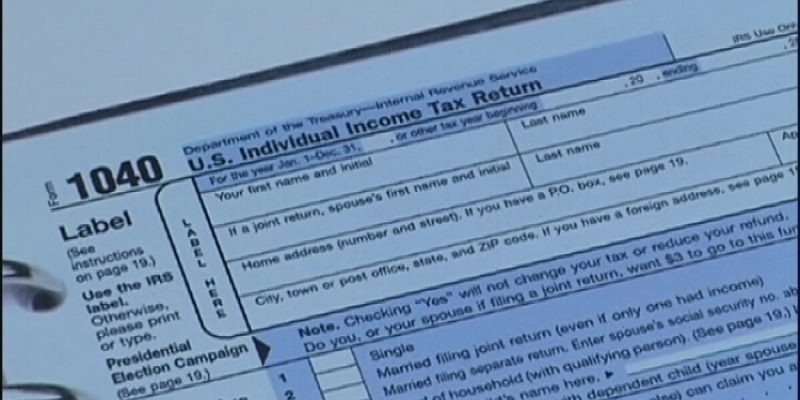Georgia Residents Warned of Rising Tax Scams as April 15th Deadline Approaches
Augusta, GA – As the tax filing deadline of April 15th approaches, the Internal Revenue Service (IRS) has issued an urgent warning to Georgia residents about an alarming rise in tax-related scams. Fraudsters are increasingly targeting individuals with sophisticated schemes designed to steal personal and financial information, as well as money.
According to Georgia Attorney General Chris Carr, scammers are using a variety of deceptive tactics to trick taxpayers into providing sensitive details or making bogus payments. These scams include fraudulent websites, fake emails, and phishing attempts, all aimed at stealing valuable information or convincing individuals to pay unnecessary fees.
“Scammers are getting more creative as they exploit the tax season to their advantage,” said Carr. “The most important thing to remember is that the IRS will not contact you via text or email. If you receive any unsolicited communication, it’s likely a scam.”
A common scam involves fraudsters promising taxpayers large refunds, only to request an upfront payment through social media platforms or prepaid gift cards. These fraudulent schemes often target those who are eagerly awaiting a refund, preying on their desire for a “big payday.”
Attorney General Carr stressed that the IRS will never ask for payment via gift cards, prepaid debit cards, or social media. “If you are asked to pay taxes in any form other than traditional methods such as checks or direct bank transfers, it’s a red flag,” he added.
Scammers have also been known to impersonate IRS representatives over the phone, making urgent demands for payment and threatening arrest or deportation if the victim does not comply. “This is a classic tactic used by criminals,” said Carr. “The IRS will not call you and threaten legal action. Any official IRS communication will come through the mail, not a phone call or text message.”
The IRS warns that these scams are becoming more sophisticated, often including fake websites that closely resemble the official IRS portal. Fraudulent links may appear legitimate but are designed to steal personal data. Victims of these scams may be tricked into providing sensitive information such as Social Security numbers, banking details, or tax-related data.
The Attorney General also cautioned against phishing scams via email or text, where scammers attempt to trick recipients into sharing personal information by posing as official entities. Carr advised Georgians to avoid clicking on suspicious links and to report any unusual communications to the authorities.
In addition, fraudsters may offer to assist taxpayers in setting up an IRS online account. However, this service is often fraudulent, and the IRS itself does not provide assistance in creating online accounts through third parties.
As the tax deadline draws near, residents are urged to be vigilant and skeptical of unsolicited communications. If you receive a suspicious email, phone call, or text message, it’s best to avoid engaging directly. Instead, visit the official IRS website or call the IRS directly using a verified phone number to ensure that the communication is legitimate.
“Remember, every Georgian is responsible for their transactions,” said Attorney General Carr. “Don’t let scammers ruin your tax season—take the necessary steps to protect yourself.”












